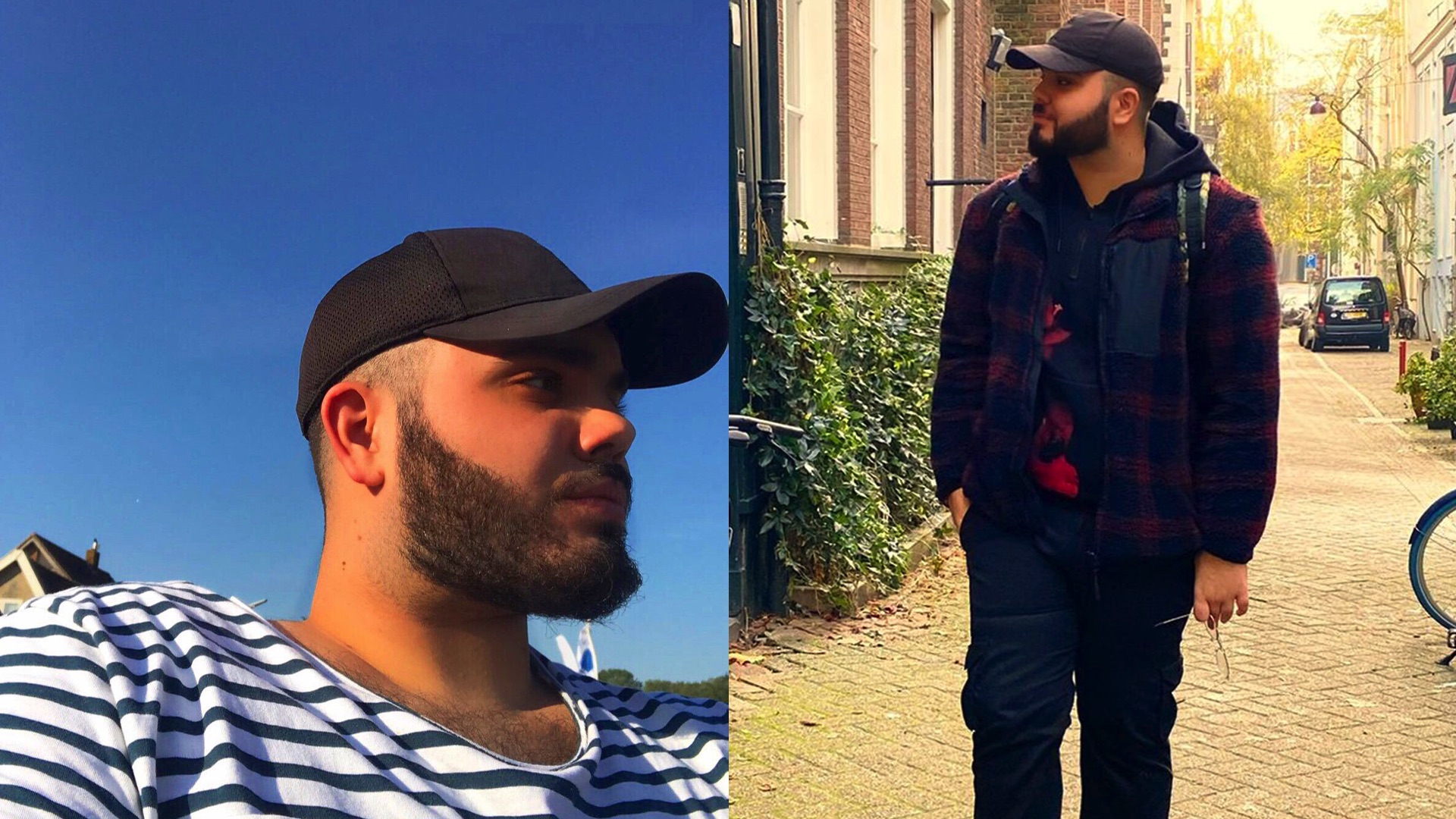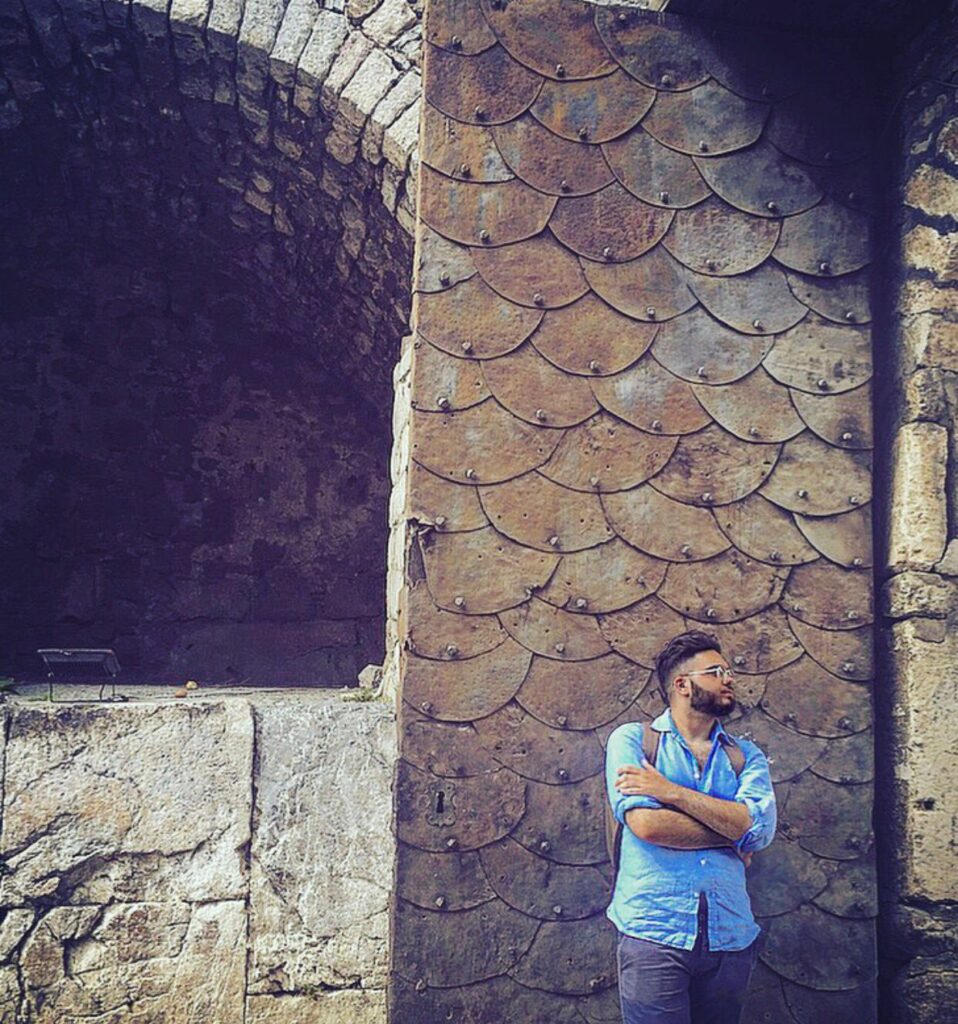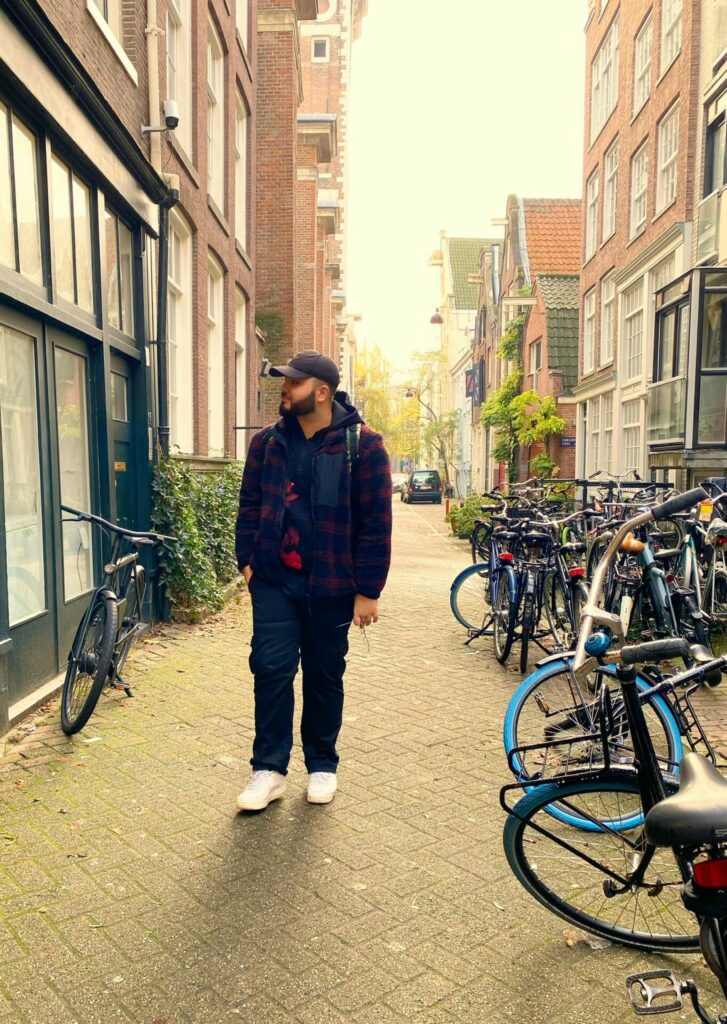Embracing intersectionality: Affirming liberation for all of the LGBTQ+ community
Just Like Us ambassador Arbër Gashi discusses the need for people to think more intersectionally in activism and life
By Arbër Gashi

There is so much beauty in being a part of the LGBTQ+ community. Over the years, the community has shown me understanding, kinship, and a feeling of comfort I’ve never felt anywhere else. That being said, openly being a part of this community can still be difficult.
Existing and functioning in a heteronormative world that has historically demonised the very essence of who you are takes its toll. Knowing that it has only been just over 40 years since being gay was decriminalised in all parts of our country serves as a stark reminder that LGBTQ+ rights are still not universal. Across the world state systems still weaponise imprisonment and the death penalty against those who do not adhere to heteronormativity.
It is with this knowledge that I am reminded of the great privilege I have to have been born in this space. However, there are issues that continue to persist in both LGBTQ+ and non-LGBTQ+ spaces here in the UK, and the lack of acknowledgment regarding the intersectionality of people’s identities, and the importance of ingraining liberation for all people, exacerbates these issues.
“This conditional support for liberation, presented by some is problematic”
I was born in London to refugee parents who left Kosovo at a hostile time in its history. Therefore, my cultural identity and historical background are important facets that make me who I am. However, I have repeatedly faced examples of undermining, both within LGBTQ+ and non-LGBTQ+ spaces, disregarding my multifaceted identity.
Intersectionality was coined by the great academic Kimberlé Crenshaw, a woman who recognised how systems of oppression overlapped one another and how our own diverse personal identities can result in very specific lived experiences within these systems. Therefore, the liberation we strive for within the LGBTQ+ community must be inherently intersectional by nature, inclusive, and aware of all the diversities that make up our wonderful rainbow.

I personally can recall multiple times when I’ve faced questions like, “How can you be so connected to your ‘homophobic’ culture and be LGBTQ+?”. Or “Why would you want to go back to Kosovo? It’s so ‘backwards’ there for gays”. These are just some narratives directed at me over the years that have placed my cultural identity and my LGBTQ+ identity on two polar opposites, as if I was forced to “pick and choose” between them.
It is problematic narratives like these that neglect to recognise that members of the LGBTQ+ community are naturally occurring in all racial, ethnic, religious, and socio-economic groups. We come in all forms, but dominant narratives, especially within the West, can often make people feel like they have to adhere to a specific way of being LGBTQ+.
There can sometimes be complacency regarding the need to aspire for the rights of all people. As a gay man, I may have most rights afforded to me, but that does not mean I should stop advocating for the liberation struggles of other people within the LGBTQ+ community.
“I hope that all LGBTQ+ people endeavour to think about how they can be more intersectional with their activism”
This conditional support for liberation, presented by some within both LGBTQ+ and non-LGBTQ+ spaces, is problematic and inherently selfish, as it solely focuses on one’s own liberation rather than the collective.
Throughout LGBTQ+ history, we see figures like James Baldwin, Marsha P. Johnson, Sylvia Rivera, and Audre Lorde, to name a few, who fought for the collective struggle of LGBTQ+ people. Most importantly, they ingrained an intersectional approach in their activism, emphasising the inclusion and respect of the diverse facets of identity each person has, respecting and recognising the needs each group has when striving for LGBTQ+ liberation.

It is especially important to think about intersectionality, particularly as we head towards the end of Pride season. It serves as a necessary reflection on the current state of LGBTQ+ rights in the UK and our wider world. Pride is an opportunity to reflect on the beauty of what being a part of this community has given many of us, from all forms of cultural engagement to acknowledging the history that got us here.
I hope that all LGBTQ+ people endeavour to think about how they can be more intersectional with their activism and the interactions they have within the LGBT+ community. For many of us who come from diverse backgrounds, existing openly with our multifaceted identities is an intense difficulty. We often flock to LGBTQ+ spaces for safety and comfort, so it is important to ensure these spaces serve all of us. We all have a duty to support each other, and even if we do not always understand the identities of others, it is always imperative to ingrain respect, open conversation, and acknowledgment within the spaces we exist in.
